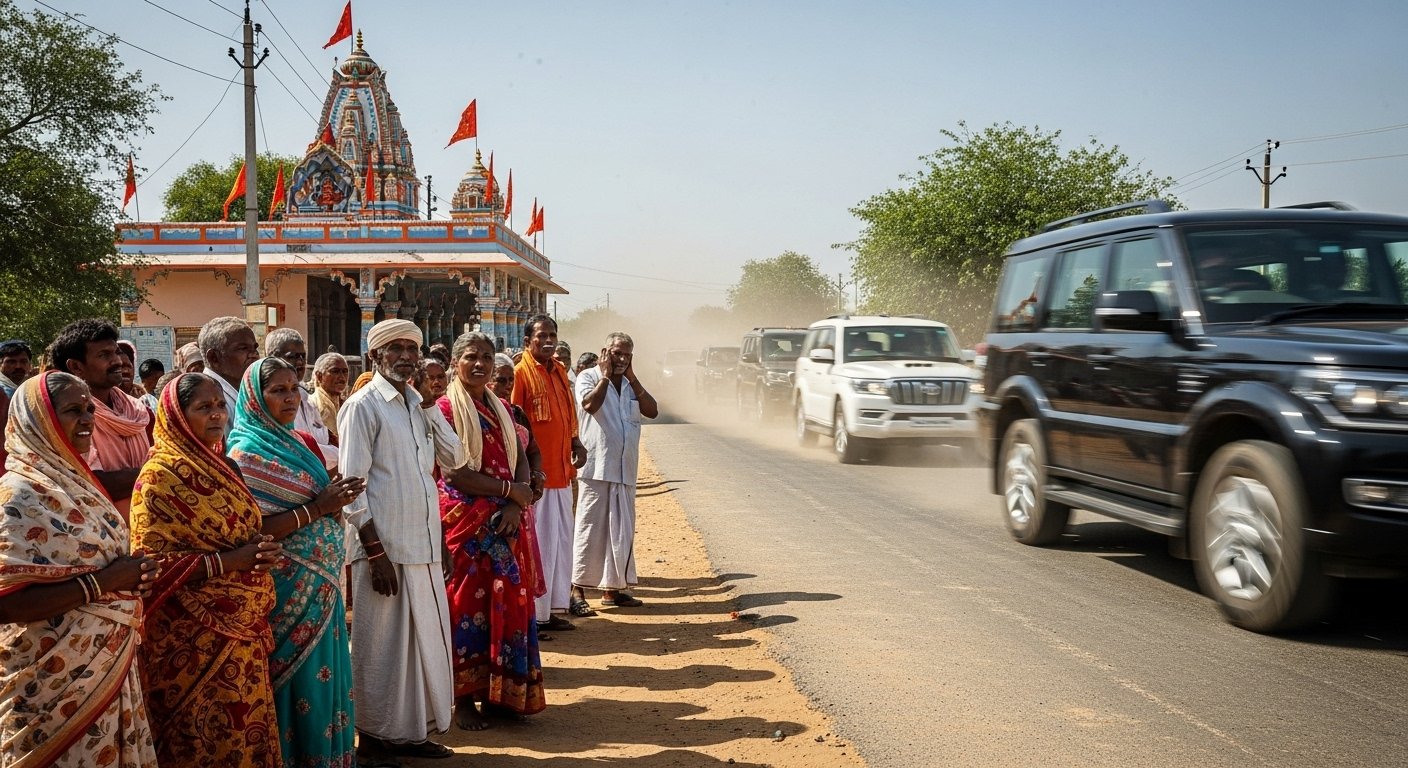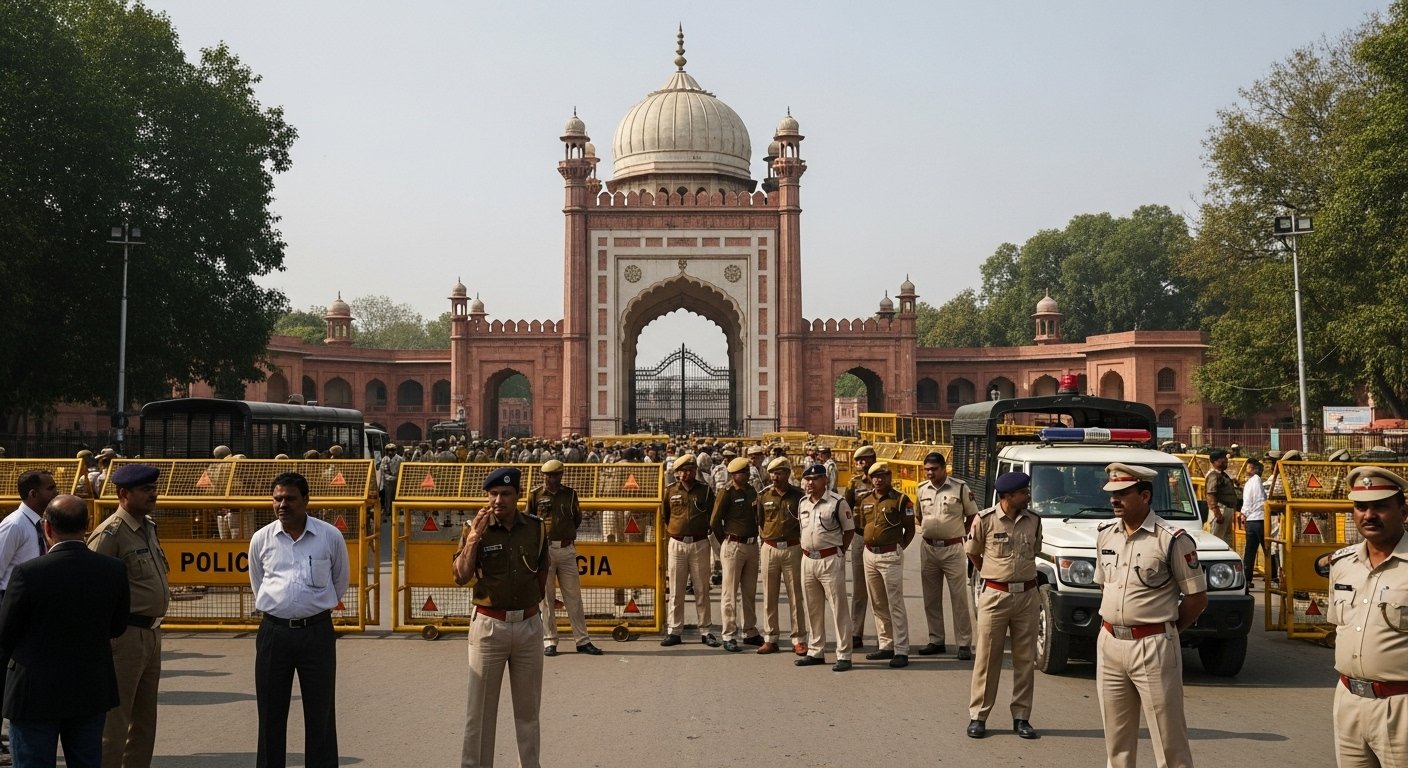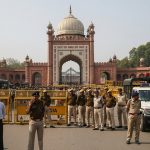Uttarakhand’s government today strengthens its anti-conversion law, putting in place much tougher rules aimed at stopping people from changing their religion through force, fraud, or marriage for conversion. This big change means anyone found guilty of breaking the law now faces longer prison time and higher money penalties. The new law builds on earlier regulations, tightening controls across the entire state and making religious conversions a more serious matter. This move by the Himalayan state comes amid a wider national push for similar laws, sparking vital debates about individual choice and religious freedom across India.
Understanding the Previous Rules
The state of Uttarakhand has had laws in place to deal with religious conversion since 2018. The Uttarakhand Freedom of Religion Act, 2018, was created to stop religious conversions that happened through force, wrong details, unfair influence, pressure, temptation, or cheating. Under this first law, a person found guilty could face jail time of up to five years. In 2022, the state made its first big changes to this law. The Uttarakhand Freedom of Religion (Amendment) Act, 2022, increased the maximum jail sentence for such offenses to ten years. It also made it compulsory to pay a fine of at least Rupees 50,000. These changes also made it so that illegal religious conversion became a crime for which police could arrest someone without a warrant. bail would not be granted easily. The law introduced new terms like “mass conversion,” which means when two or more people change their religion. “unlawful conversion,” which means any conversion not allowed by the law. A key change was placing the responsibility of proving innocence on the accused person. Also, anyone who converted was required to tell the District Magistrate’s office about their conversion within 60 days.
New Changes in the Law
Recently, the state’s cabinet approved a new set of changes, called the Uttarakhand Freedom of Religion (Amendment) Bill, 2025. This new bill plans to make the existing law even stronger. One of the main points of the new bill is a wider meaning for “inducement.” This now includes offering gifts, money, job chances, free schooling, promises of marriage, or even talking badly about one religion while praising another, all of which would be seen as a crime if they lead to conversion. The proposed law also makes it a crime to promote or encourage religious conversion through online ways, such as social media, messaging apps, or any other internet platform. Another crucial part of the bill deals with marriages. It includes strict punishments for marriages where one person hides their real religion or uses a false identity to cause a conversion. The bill also gives power to District Magistrates to take away property that was gained from crimes related to religious conversion.
Tougher Penalties for Breaking Rules
The penalties for breaking the anti-conversion law are set to become much tougher with the new amendments. Currently, the maximum punishment is ten years in jail and a fine of Rupees 50,000. The new 2025 bill suggests the following punishments:
- For a general violation of the law, a person could face three to ten years in jail.
- If the person converted is a minor, a woman, or belongs to a Scheduled Caste, Scheduled Tribe, is disabled, or has a mental challenge, the punishment will be five to fourteen years in jail.
- In very serious cases, like mass conversions or those involving money from outside the country, the jail term could be twenty years or even life imprisonment. Along with this, there could be a large fine of up to Rupees 10 lakh.
The bill also states that offenses under this law will be “cognizable” and “non-bailable.” This means police can arrest someone without a warrant. bail will only be given if the court is fully sure that the accused person is not guilty and will not commit the crime again. To help those who are victims of illegal conversions, the new bill includes provisions for free legal help, a place to stay, living expenses, medical care. other needed support.
Why the Government Made Changes
The government of Uttarakhand, led by Chief Minister Pushkar Singh Dhami, says the new, stricter law is needed to fight against illegal religious conversions. They state it is essential to protect the religious rights of all people. One of the main reasons given for these changes is a concern about “demographic change” in the state. Officials argue that such changes could threaten the state’s special identity as “Devbhoomi,” which means “land of gods.” They also highlight that because Uttarakhand is a border state, any major change in population patterns could also affect the country’s security. The government believes that a stronger law will stop people who might otherwise try to force conversions and will help keep the state’s identity safe. This move follows reports of various conversion cases in the state.
Views from People Who Support It
Supporters of the stricter law, including leaders from the ruling party, have called the cabinet’s decision a “historic” one. They believe that the updated law, with its tougher rules, will act as a strong warning for anyone thinking about forcing conversions. This, they say, will help protect the unique identity of Uttarakhand. Those in favor of the law also say its main purpose is to stop forced conversions, especially those that take advantage of people who are easily swayed, like women and those from disadvantaged groups. They believe the law is necessary to protect the rights and freedom of these individuals. They also argue that by controlling religious conversions, the law helps keep peace and good relations between different religious groups in the community. Moreover, they see the bill as a way to stop “conversion rackets” and dishonest religious groups that might use people for their own gain. The central government has also stated its position, saying that the right to practice one’s religion does not include the right to convert others through dishonest means, pressure, or temptation.
Concerns from Other Groups
But, not everyone supports the new stricter law. Critics and groups that work for people’s rights have raised concerns. They argue that laws like this can be used wrongly to target certain religious groups and might go against basic human rights, such as the right to choose one’s own beliefs and the right to privacy. There is worry that the way the law defines “inducement” is not clear enough. This lack of clarity, they say, could lead to officials using the law unfairly or in a way that is not intended. There are also concerns about how this law might affect marriages between people of different religions, as it could lead to false accusations of force or cheating. Some critics fear that such laws could create more tension and division between different religious groups in society. The rule that puts the burden of proving innocence on the person accused is also seen as a problem. Another point of concern is the provision that allows property to be taken away based only on suspicion, without clear proof. The main opposition party has also criticized the ruling party, saying that such laws are part of “politics of polarization” and that existing laws are already enough to deal with forced conversions.
What This Means for the Future
The Uttarakhand Freedom of Religion (Amendment) Bill, 2025, is expected to be presented in the state assembly during its monsoon session, which is set to begin on August 19. If it becomes law, it is expected to be enforced very strictly in the state. Many of the new rules in the Uttarakhand bill are similar to those in Uttar Pradesh’s anti-conversion law, which was updated in 2024. For the law to work well and protect both peace in society and the rights of people as stated in the constitution, it will need to be put into action very carefully, with strong safeguards. in a way that is clear and open to everyone. ![]()











